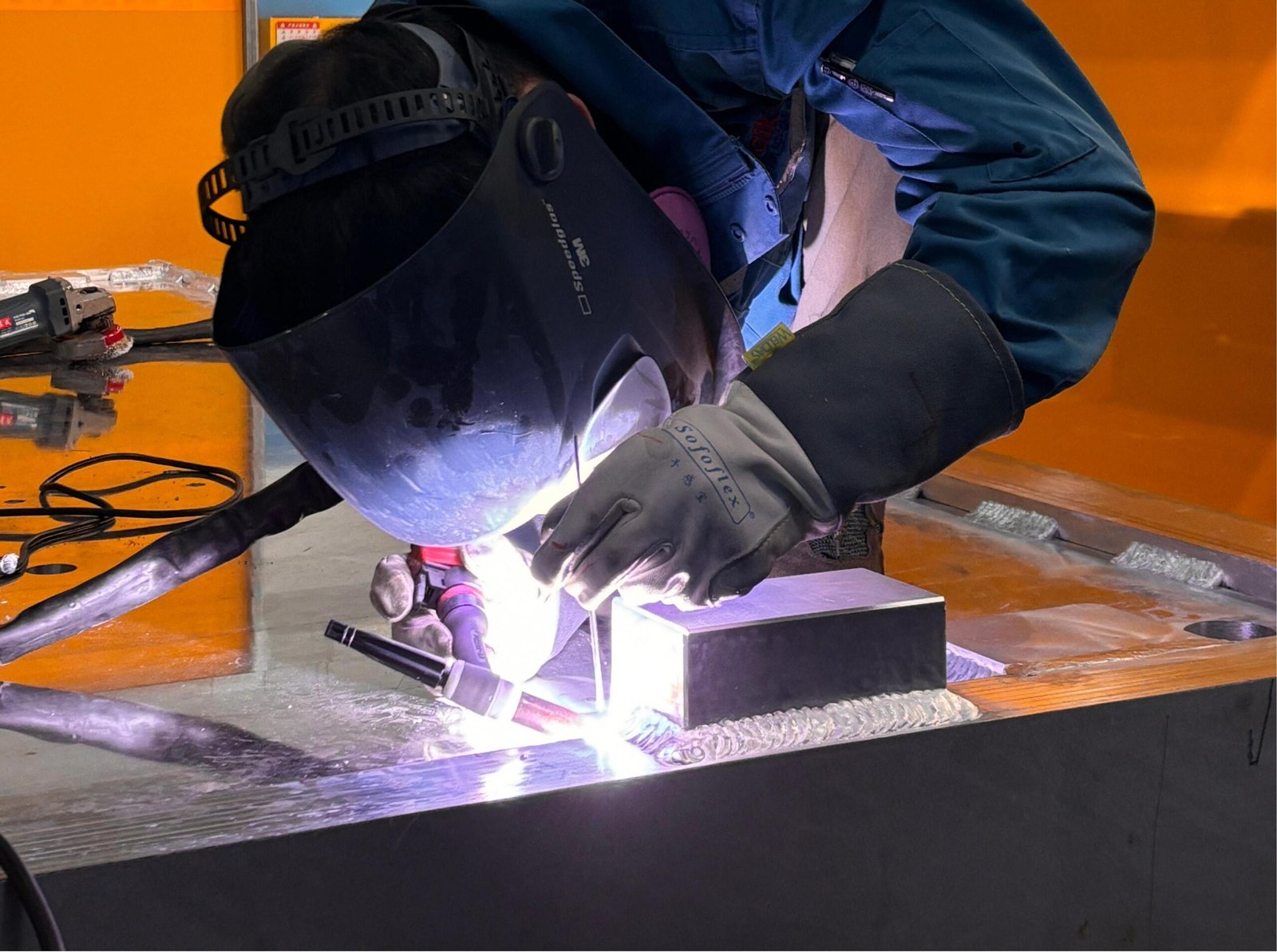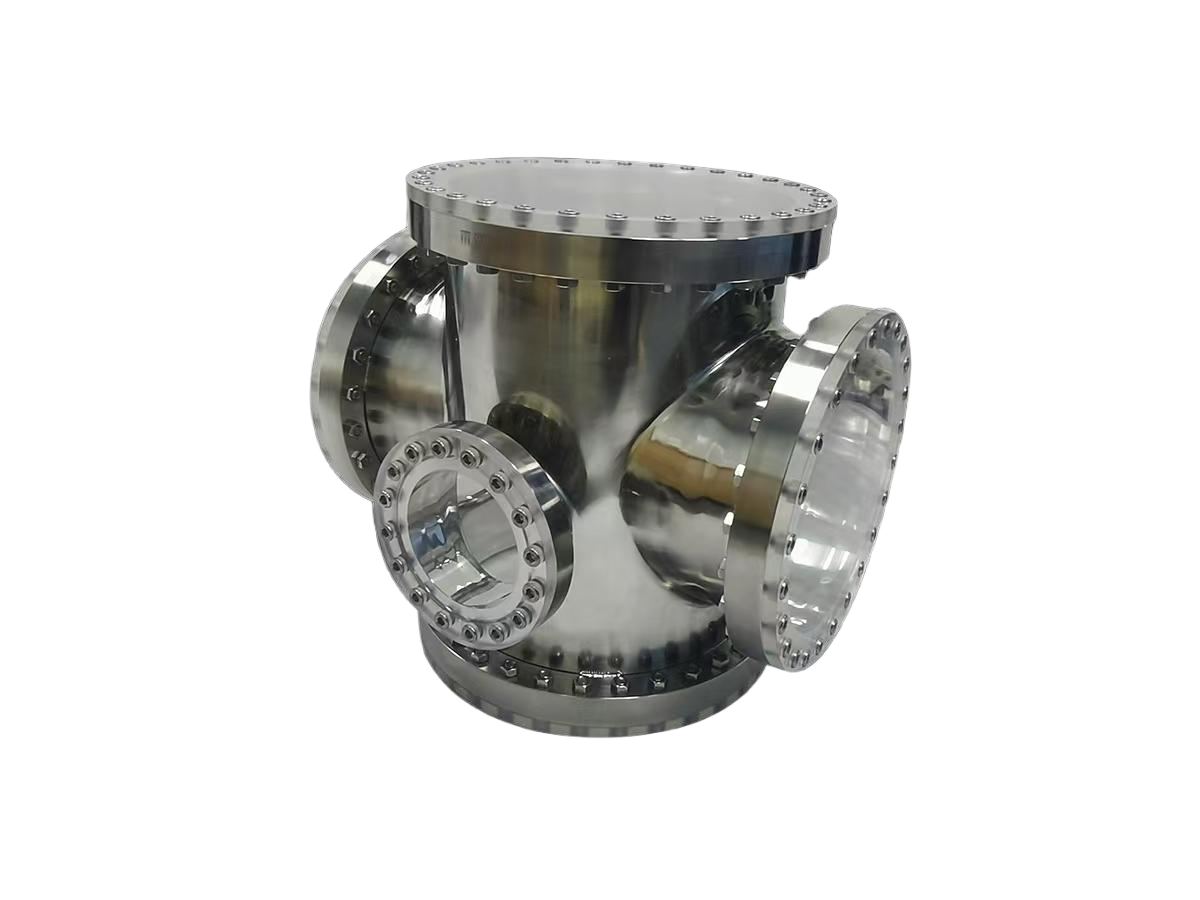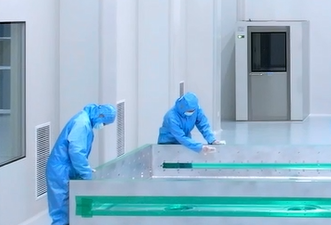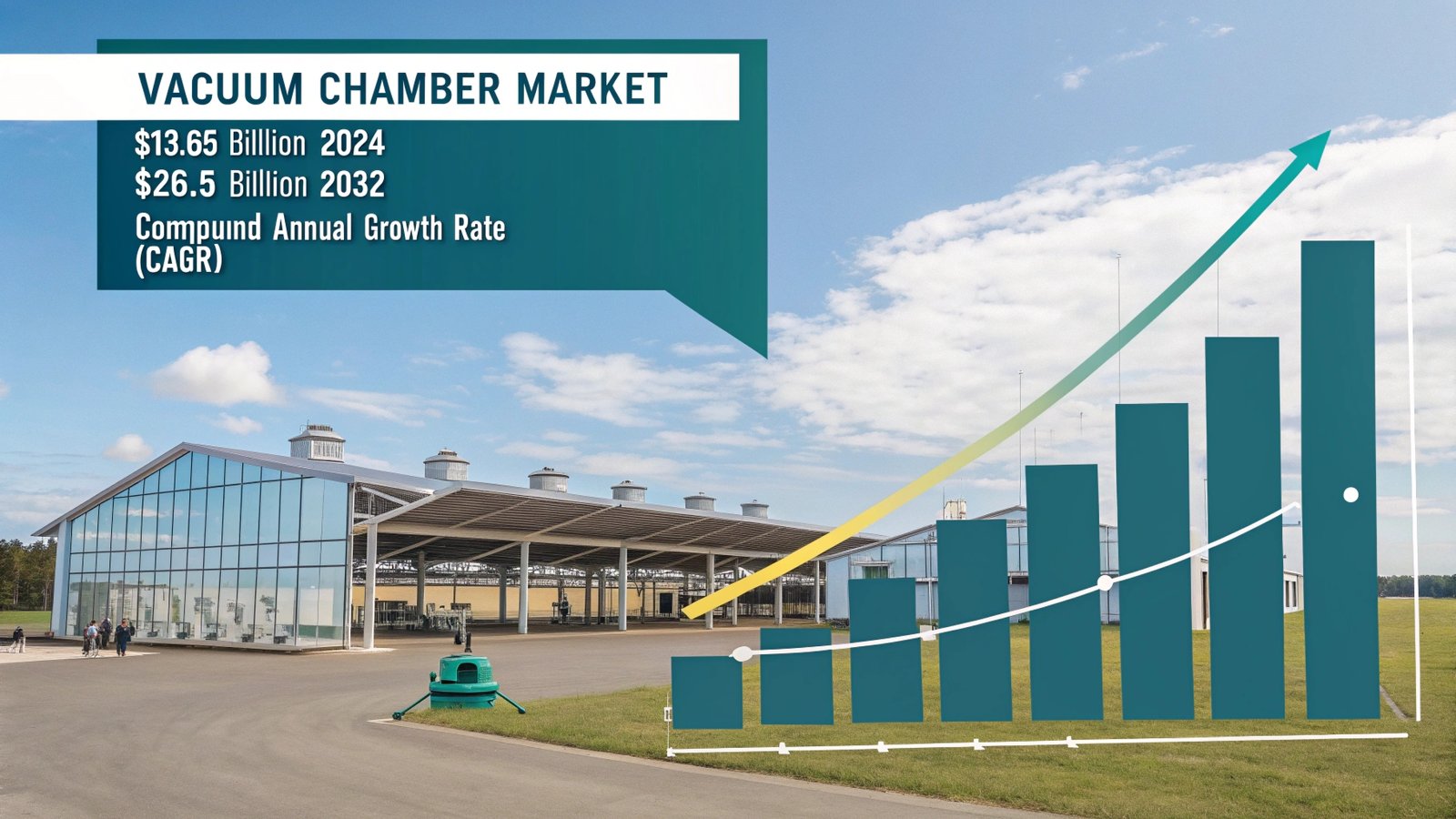Selecting the right vacuum chamber supplier is crucial for semiconductor equipment manufacturers. The vacuum chamber's quality directly impacts equipment performance, reliability, and the overall manufacturing process. Here’s what to consider:
1. Technical Capabilities:
- Customization and Design Expertise: A strong supplier should offer customized processing services for vacuum chambers. Look for a supplier with experienced engineers (e.g., 30 years of experience) who can provide 1-on-1 quotes and tailor solutions to specific needs. They should be able to handle complex designs and offer solutions from chambers to complete systems. The ability to customize dimensions, port configurations, feedthroughs, and specialized coatings is essential.
- Manufacturing Capabilities: Evaluate their manufacturing capabilities, including CNC machining (with large size capabilities), welding (e.g., friction stir welding), and surface treatment options (e.g., anode, sandblasting).
- Material Expertise: The supplier should be knowledgeable about materials suitable for vacuum chambers, such as stainless steel and aluminum alloy. They should understand the properties of these materials and how they perform in vacuum environments.
- Cleanliness and Purification: Vacuum chambers for semiconductor applications require an ultra-clean environment. The supplier should have a state-of-the-art purification workshop and cleanrooms (e.g., Class 10000) to minimize contamination during manufacturing. They should have advanced air filtration systems and strict contamination control measures.
- Vacuum Level Expertise: Ensure the supplier can manufacture chambers that meet the specific vacuum level requirements of your application (e.g., high vacuum or ultra-high vacuum) [3]. They should understand the design considerations for achieving and maintaining these vacuum levels.
2. Quality Control:
- Complete Supply Chain Control: A supplier with a complete in-house supply chain (from raw materials to clean assembly) can ensure seamless quality control. This integrated management helps save time and boost efficiency.
- Inspection Processes: The supplier should have robust inspection processes, including regular dimensional inspections.
- Surface Finish: They should offer various surface finish options (e.g., glass bead blasted, machine polished, sandblasted, electropolished) and achieve precise surface finishes.
3. Service and Support:
- Installation and Maintenance Support: The supplier should offer comprehensive support for installation, maintenance, and repair of vacuum chambers . They should be available for on-site installations and provide training for your staff.
- Technical Support: Evaluate the technical support capabilities of the supplier to reduce downtime and maintenance costs.
- Responsiveness and Communication: The supplier should have a professional team to support your project throughout the entire process and be committed to turning your vision into reality.
4. Other Considerations:
- Cost: While initial cost is a factor, consider the long-term operating costs and maintenance needs. Focusing solely on price can lead to higher operating costs in the long run.
- Lead Time: Inquire about the lead time for vacuum chamber production, which can vary based on complexity and customization. The supplier should provide accurate estimates and work to meet your timeline.
- Company Reputation and Experience: Look for a supplier with a proven track record and experience in manufacturing vacuum chambers for the semiconductor industry. Consider their location and proximity to your facilities.
By carefully evaluating these factors, semiconductor equipment manufacturers can choose a vacuum chamber supplier that meets their technical requirements, provides excellent service, and contributes to the success of their operations.







